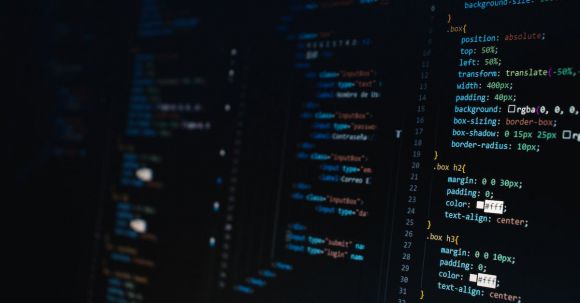Coding challenges have become a popular way for developers to test their skills and showcase their abilities. These challenges provide a platform for individuals to compete against others in solving complex coding problems. However, as a developer, it can be challenging to balance participating in coding challenges while also focusing on continuous learning and growth. In this article, we will explore some strategies to help you strike a balance between learning and competing in coding challenges.
1. Set Priorities and Goals
Before diving into coding challenges, it is essential to set clear priorities and goals for yourself. Determine what you want to achieve from participating in these challenges. Are you looking to improve your problem-solving skills, expand your knowledge in a particular programming language, or build a portfolio? By identifying your priorities, you can better allocate your time and effort between learning and competing.
2. Create a Schedule
Developing a schedule is crucial for managing your time effectively. Allocate specific time slots for learning and practicing coding concepts, as well as participating in coding challenges. By having a structured schedule, you can ensure that you are dedicating enough time to both learning and competing. Stick to your schedule as much as possible to maintain a healthy balance.
3. Focus on Learning
While coding challenges can be exciting, it is essential not to neglect your learning process. Set aside dedicated time for learning new concepts, exploring different programming languages, or working on personal projects. Continuously improving your skills will not only enhance your performance in coding challenges but also provide a strong foundation for your overall development as a programmer.
4. Choose the Right Challenges
With an abundance of coding challenges available, it is crucial to choose the ones that align with your learning goals. Look for challenges that provide opportunities to learn new concepts or enhance your existing knowledge. These challenges often provide explanations and solutions, allowing you to learn from others’ approaches. Additionally, consider participating in challenges that are relevant to your areas of interest or career aspirations.
5. Collaborate and Network
Participating in coding challenges does not mean you have to do everything alone. Collaborating with others can be an excellent way to learn and grow. Engage in coding communities, forums, or online platforms where you can connect with like-minded individuals. Share your experiences, seek advice, and collaborate on solving coding challenges together. Networking in this way can provide valuable insights and foster a supportive learning environment.
6. Reflect and Iterate
After participating in coding challenges, take the time to reflect on your performance. Analyze the areas where you excelled and areas where you struggled. Use this feedback to iterate and improve your skills. Reflecting on your experiences will help you identify gaps in your knowledge and allow you to focus on specific areas for learning and growth.
In conclusion, balancing learning and competing in coding challenges is all about setting priorities, managing your time effectively, and continuously improving your skills. By following these strategies, you can strike a harmonious balance that allows you to excel in coding challenges while also nurturing your growth as a developer. Remember, it is not just about winning the challenges but also about the journey of learning and self-improvement along the way.





